The term 9/11, in general, brings to mind the terrorist attacks on the Twin Towers in USA.
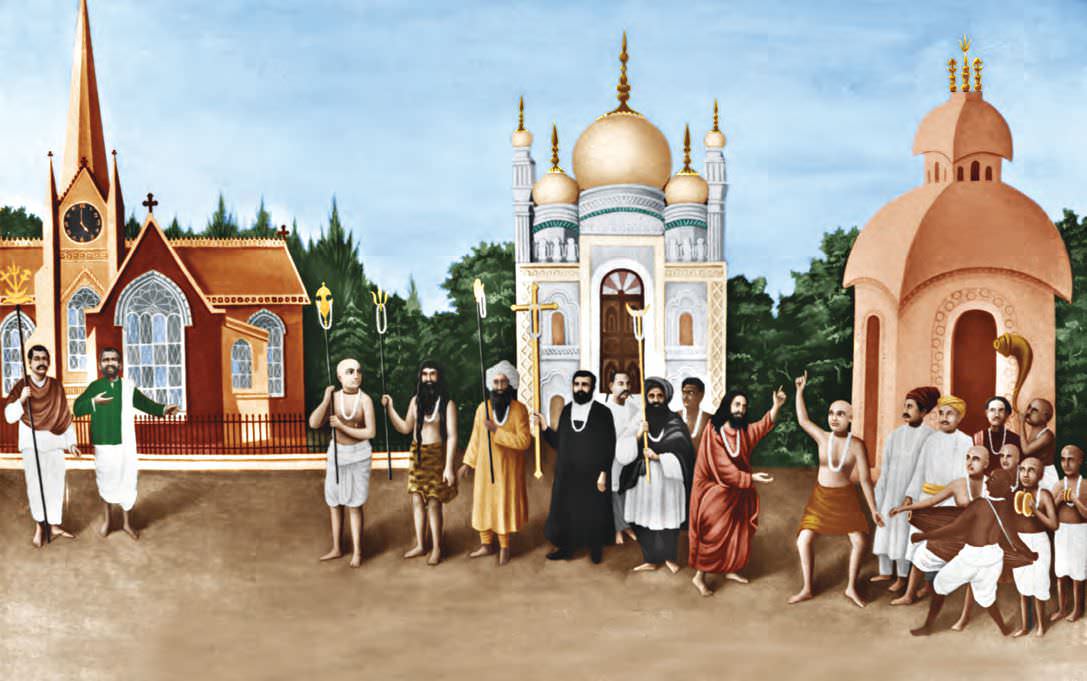
A stunned America and the world watched in sorrow the dreadful tragedy of intolerance and violence. But 125 years ago on 11/9/1893, America and the world had heard with bated breath the message of peace, love, and harmony ringing out from the platform of The World’s Parliament of Religions in Chicago.
It was an assembly of ‘scholars, reformers, missionaries, moral heroes, delvers in the mines of the soul, seekers after Truth, toilers for humanity’, who represented different religions and sects from across the world. They had assembled there from 11 Sept to 27 Sept 1893 to foster inter-religious dialogue and bring about universal brotherhood.
That platform introduced to the world Swami Vivekananda—a personality destined to reshape the course of Indian national history and the lives of countless spiritual aspirants across the world. In his opening address, Swamiji expressed the hope that the convention would ‘be the death-knell of all fanaticism, of all persecutions with the sword or with the pen, and of all uncharitable feelings between persons wending their way to the same goal.’
But history is witness that sectarianism and bigotry, which engender fanaticism, have continued to fill the earth with violence and have ‘sent whole nations to despair.’ Bigotry, or intolerance towards those who hold different opinions from ourselves, is witnessed in different spheres of life like religion, race, culture, language, gender, region, nationality, class, and caste. A bigot is not only a nuisance and a threat to society, but he is also a sick person who suffers from inner disharmony.
This story is from the September 2018 edition of The Vedanta Kesari.
Start your 7-day Magzter GOLD free trial to access thousands of curated premium stories, and 9,000+ magazines and newspapers.
Already a subscriber ? Sign In
This story is from the September 2018 edition of The Vedanta Kesari.
Start your 7-day Magzter GOLD free trial to access thousands of curated premium stories, and 9,000+ magazines and newspapers.
Already a subscriber? Sign In
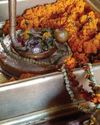
Panchakroshi Parikrama of Varanasi
At the snow-capped Kailas, the Divine Lord Shiva was seated with Mother Parvati.
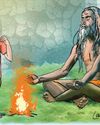
Gadai and the Monks
A fictional narrative based on incidents from the childhood of Sri Ramakrishna.
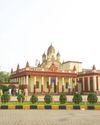
Chintayo momo maanosho Hori...
Sri Ramakrishna loved songs. There probably was no normal day when he did not sing some songs.
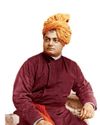
The Vedanta Vaccine
The world is still struggling under the impact of the pandemic due to Covid-19 for the last three years.
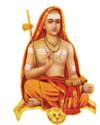
Chandrakirti's Chariot: Self in Madhyamaka Buddhism and Advaita Vedanta
The goal in Advaita Vedanta is the cessation of suffering and the attainment of true fulfillment. Suffering, according to this school, is due to ignorance of the true nature of the self and consequent erroneous identification with the body-mind.
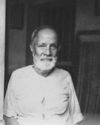
Reminiscences of Sargachhi
Question: यद्यदाचरतत श्रेष्ठसतत्तदरेवरेतरो जनिः। ‘Whatever a superior person does, others do the same thing!’ (Gita 3:21) – What does this statement mean?
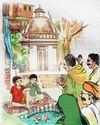
THE AUTUMN FESTIVAL
A fictional narrative based on incidents from the childhood of Sri Ramakrishna.
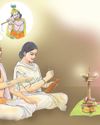
Bards of Guruvayur: Vilwamangalam II
Saints of India
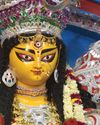
In the Universal Mother’s Divine Playground
Swami Vivekananda never taught the worship of Mother Kali. In a letter to Mary Hale he writes, “Kali worship is not a necessary step in any religion.
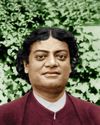
Swami Vivekananda: A Sportsman Par Excellence
In various books and articles, Swami Vivekananda has been called a spiritual leader, a prophet, a patriot, a social reformer, a philosopher, a yogi, a writer, an orator, an educationist, a musician, and so on.